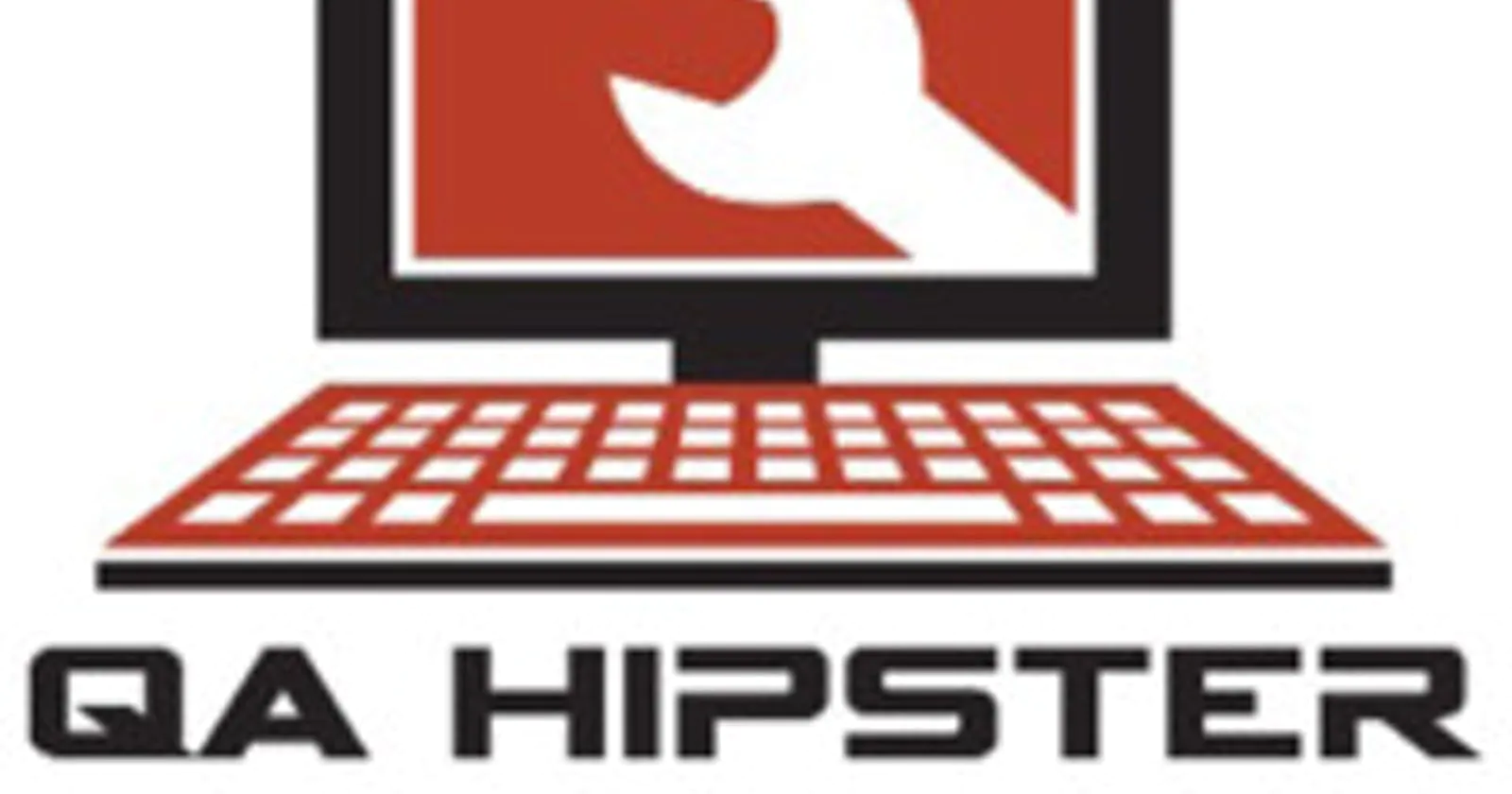From Manual to Automation
Return of QA Hipster
I started my QA Journey back in 2013 and it has been a crazy ride to get to where I am today. As unique as my story might be there are many out there who started on a similar path. Sometimes breaking into tech is just finding that one job and moving up from there. I have seen many people in reddit and through out the web looking to get into QA, so I thought I would tell my story and give some pointers on the way.
Growing Up the Son of a Programmer
I grew up an elder Millennial in the boom of the internet. My dad was a computer programmer and former accountant. He always questioned purchases and saving money but he never questioned buying me my own computer. I was on a computer since the time of Windows 3.1 playing great games such as Battle Chess and Prince of Persia. Computers came easy to me like a fish to water.
When I graduated High School I went off to college to study Software Engineering. This plan did not work out as I lost loved ones during that time and sunk into a depression after 3 and a half years away from home. I later finished my degree in Management Information Systems.
The 2008 Fall of Tech
When I returned home and was trying to find work 2008 hit. This was as the tech industry had a huge lay off. More qualified people then me were out of jobs and I had to find work elsewhere. I ended up working in group homes because I had experience with autism having an autistic brother. The times were hard but I got by. During this time I started dating my wife and we got married.
Getting Back in the Game
When we both were looking for work her brother got me an interview at a Tech Startup. The company was a little old to be a true startup but it had the culture. I started off as Tier 1 support for the software then moved to Tier 2. The entire time I was working support I was also helping out in finding bugs and testing the software. After a year I moved into QA and began my career in a field I now love.
The software there was written for Macs and was not web based. They kept wanting me to get into automation since I could code but the issue at the time was that the software was not built for it. There was no tags in place, and making the software work for that would have been an major undertaking. Eventually we started building a web based approach. From there I was able to add automation with Java, Selenium, Cucumber, Serenity, and Postman. I spent a year working on automation before I was later recruited to the company I work for now.
I should note that when I was working as a manual tester, I was always looking to improve myself and read many blogs. I even started one of my own that had 1000 followers called QA Hipster. Eventually I had to give up on the blog as life took many turns but I am hoping to return to the blogosphere with this blog.
Moving to Automation
My current job was the hardest most technical interview I have ever been to. They grilled me harder then any other job and unlike the many QA they found before me I passed. I was hired for more then double my previous salary showing me how little I meant to the company I was at previously. They already had 1 very accomplished QA Engineer on the team who had been Automating as long as I had been in QA. He however was mostly frontend and I had backend automation experience from my year building my own testing framework. Luckily before I joined the team had decided to use Postman and I was familiar with it. I will be making more post on Postman as time allows, even though we have moved onto a different framework.
I took to automating the backend and read many articles so I could become the best I could be. Over the year I wrote thousands of backend test as well as manually testing the front end. The following year the other QA and I trained each other and now we are both good at Frontend and backend automation. I will say that working with someone who learns as fast as you and has the knowledge really helps.
Find someone that you can grow with, and you will become an unbeatable team. Remember though that just cause you are Automating now does not mean you stop manual testing. Half of automation is manually testing what you are about to automate. Exploratory testing is also a big thing, Users will always find new ways to break the software so try to find those new ways first.
How Do You Start?
For those looking to learn automation please visit: Test Automation University
It was founded by Applitools and has so many great classes for teaching automation for free. If you are wanting to add automation to your current stack, or learn to on your own I highly recommend it. If you don’t know where to start I would start with the Web UI Python Path as Python is now the #1 language instead of Java.

